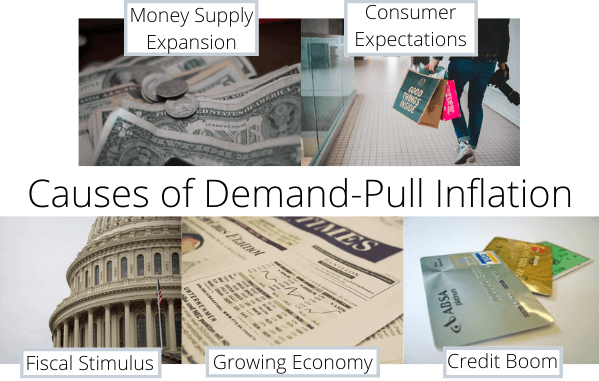#inflation #demand #supply #CPI
“Simple math: As the demand for a particular good or service increases, the available supply decreases. When fewer items are available, consumers are willing to pay more to obtain the item, the result is higher prices due to demand-pull inflation” — Paul Ebeling
Economists refer to the distortions in relative price changes as “base effects.”
The Big Q: What are base effects?
The Big A: Within the context of inflation, base effects refer to the impact of comparing current price levels in a given month Vs price levels in the same month a yr ago.
These types of year-over-year comparisons are the most commonly cited measures of inflation, and are often the figures cited in major media reports covering new inflation data.
But “3% year-over-year increase in May” doesn’t provide enough context.
For example, a “3% year-over-year increase in May” after an already elevated price level in May of last year would imply higher price levels than a “3% year-over-year increase” after a depressed price level in May of last year.
The difference between those two scenarios illustrates the “base effects” that can come with year-over-year measures of inflation.
The Big Q2: Are base effects skewing inflation data out of the VirusCasedemic chaos?
The Big A2: Yes, because price levels cratered in the Spring months of Y 2020, when a collapse in demand led to falling prices.
That means Y-Y measures of inflation through the Spring months of Y 2021 saw base effects that may have contributed to the high inflation prints.
The Chief US economist at Oxford Economics, estimated that about 40% of the Consumer Price Index (CPI) inflation reading in June could be due to base effects.
Base effects should fall out as Y-Y figures start to compare against yr ago months in which the economy began to re-open.
Have a happy weekend, Keep the Faith!









